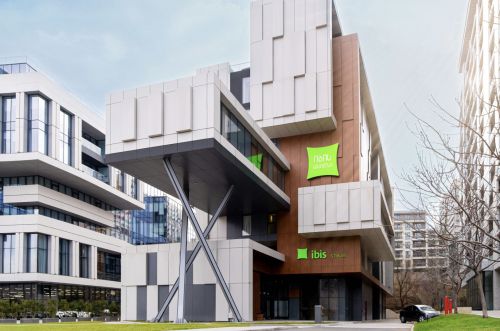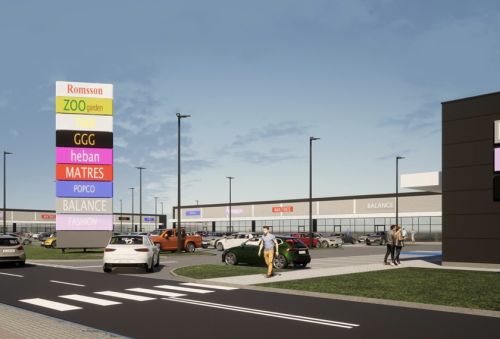The lease agreements concluded for retail parks increasingly feature solutions that differ from the classic Triple Net Lease agreements, particularly as regards the settlement of operating costs and the division of responsibilities between the parties. The latest trends
in this area are reshaping the relationship between the parties, balancing the interests of investors and tenants while responding to increasing market expectations. In this article, we share our observations from the CMS team’s practice and point out the implications of these changes for the retail sector participants.
In the commercial real estate sector, it is standard for property owners to use the Triple Net Lease (NNN) agreements. In this arrangement, in addition to the base rent, the tenant bears the full operating costs associated with maintaining the property, including
the real estate tax, insurance, fees for maintaining common areas, and utilities. At the same time, tenants in this model can use the





























































Strong warehouse sector whilst capital cautious and offices yet to rebound
Strong warehouse sector whilst capital cautious and offices yet to rebound
Poland’s commercial real estate market enters 2026 in good health and with solid growth potential. Warehouses remain one of the strongest sectors in Europe, while constrained ...
Newmark Polska
The end of greenwashing as flex grows in strength
The end of greenwashing as flex grows in strength
The office sector is entering a period of deeper qualitative and financial scrutiny. Decisions regarding new projects, refurbishments, or leasing are now supported by more thorough ...
Walter Herz
The quiet revolution in Małopolska
The quiet revolution in Małopolska
Developers across the region are increasingly favouring heat pumps and photovoltaic systems over traditional gas boilers in warehouse construction. This shift marks a growing commi ...
Axi Immo